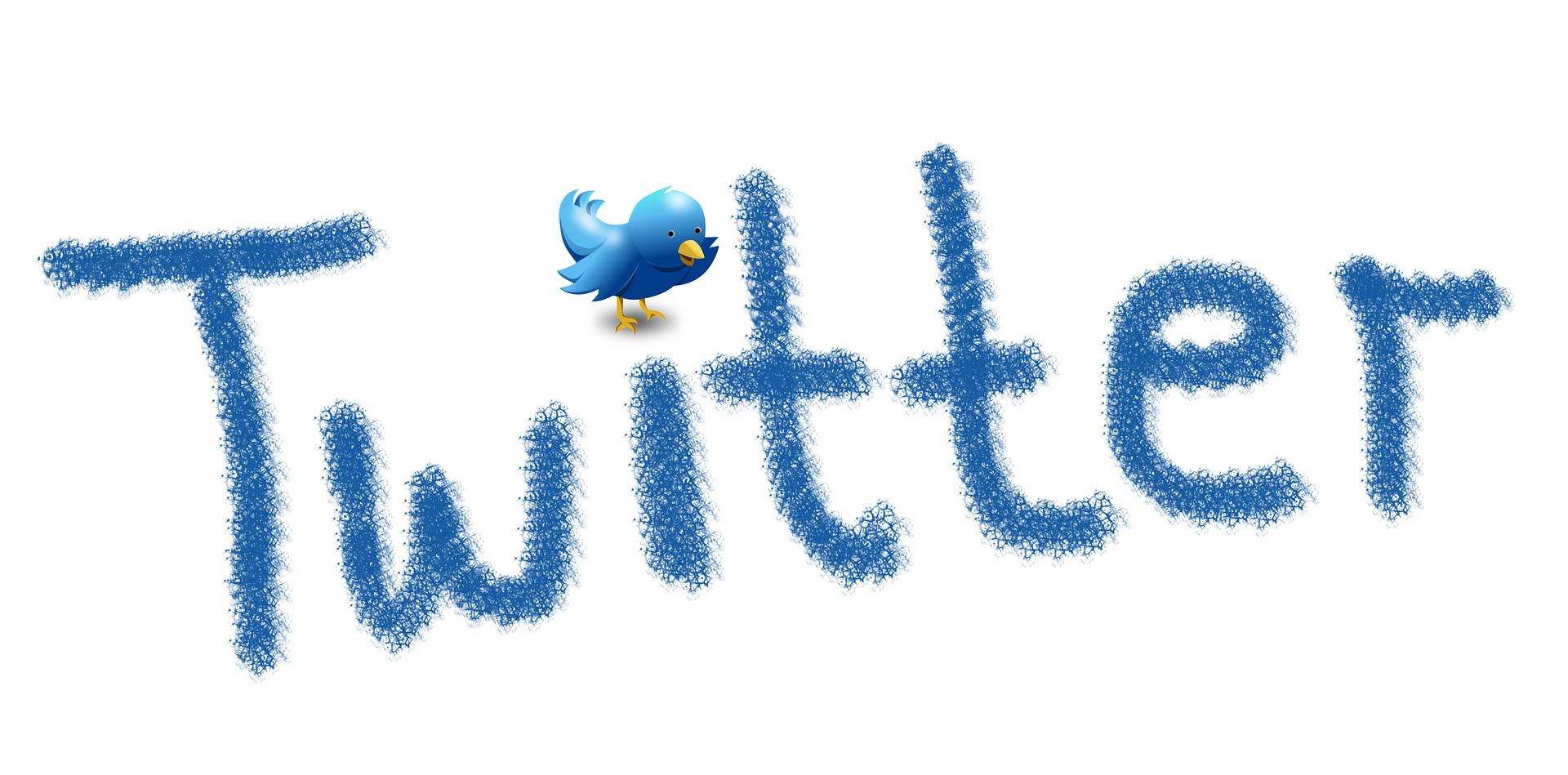- 5 May 2023
- 64
Twitter’s Blue Check Marks and Elon Musk’s Reign: A Symbol of Division?

Twitter’s blue check marks have long been a symbol of prestige and validation on the social media platform. Verified accounts have access to exclusive features, such as the ability to filter out replies from non-verified users, and are seen as more trustworthy and influential. However, in recent years, the blue check mark has also become a symbol of division, especially during Elon Musk’s tenure as Twitter’s most polarizing figure.
Musk, the billionaire founder of companies such as Tesla and SpaceX, has been known for his provocative tweets that have often caused controversy. In 2018, he famously tweeted that he was considering taking Tesla private, which led to a Securities and Exchange Commission (SEC) investigation and a $20 million fine for Musk. He has also been criticized for his comments about the COVID-19 pandemic and his tweets about cryptocurrency.
Despite this, Musk has remained a highly influential figure on Twitter, with over 60 million followers. His tweets have the power to move markets, and his endorsement of certain cryptocurrencies has led to significant increases in their value. As such, his blue check mark has become a symbol of his power and influence on the platform.
However, Musk’s reign on Twitter has also highlighted the divisive nature of the blue check mark. While verified accounts are meant to represent authoritative sources, many users argue that they are overvalued and reinforce an elitist culture on the platform. The verification process itself has been criticized for being opaque and arbitrary, with some users being verified without meeting the stated criteria, while others are denied verification despite being influential in their fields.
Furthermore, Musk’s tweets have often been seen as reckless and harmful, leading to calls for him to be suspended or have his blue check mark revoked. In response, Twitter has introduced new policies to crack down on misinformation and harmful content, but has stopped short of taking action against Musk or other influential users.
The controversy surrounding the blue check mark and its association with Musk highlights the challenges that social media platforms face in balancing free expression with responsible content moderation. While verification can provide important context and legitimacy for certain accounts, it can also be seen as a symbol of power and privilege that exacerbates existing inequalities on the platform.
In conclusion, Twitter’s blue check mark has become a symbol of division and controversy, particularly during Elon Musk’s reign on the platform. While the verification process can provide important context and legitimacy, it also reinforces an elitist culture and raises questions about the role of influential figures in shaping public discourse. As social media platforms continue to grapple with these issues, it is important to prioritize responsible content moderation that promotes free expression while also protecting users from harmful content.

